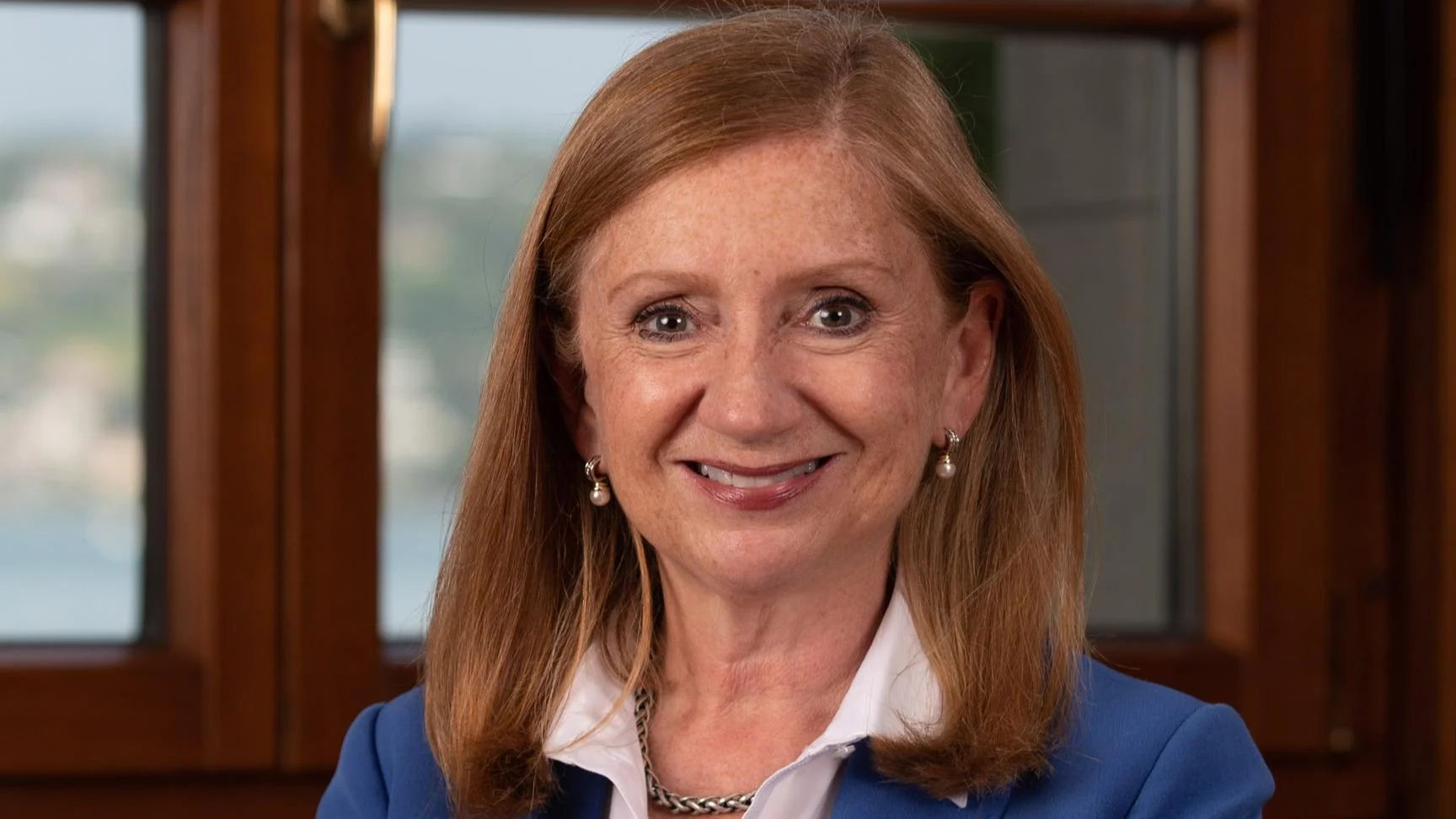The UN Ocean Conference 2025 commenced with a session co-chaired by Brazil's Minister Marina Silva and Greece's Minister Stavros Papastavrou. The conference, hosted in collaboration with President Macron, UNSG Guterres, and Costa Rica, focuses on the protection of marine and coastal ecosystems amid climate change, biodiversity loss, and pollution.
A key discussion point was the World Trade Organization's (WTO) Agreement on Fisheries Subsidies (AFS), which aims to curb harmful fisheries subsidies that contribute to overexploitation of marine resources. "USD 22 billion in harmful fisheries subsidies are provided every year," it was noted during the session. The agreement requires ratification by two-thirds of WTO members to come into force.
The importance of a multisectoral approach combining trade policy with finance and investment was emphasized for sustainable growth from the ocean economy. It was highlighted that "the blue economy is estimated to have an annual value of over US$ 2.6 trillion."
Another focus area was maritime transport's environmental impact, including greenhouse gas emissions and oil spills. The potential role of trade policies in addressing these issues was discussed. Additionally, ocean-based renewable energy such as offshore wind energy was identified as having significant potential.
Efforts to address plastics and marine pollution were also covered. "83 WTO members are running a Dialogue on Plastic Pollution (DPP)," it was mentioned, exploring how trade policy could help tackle plastic waste.
In conclusion, attendees were urged to consider trade as part of the sustainability toolkit for marine ecosystems and to ratify the Fisheries Subsidies Agreement.

